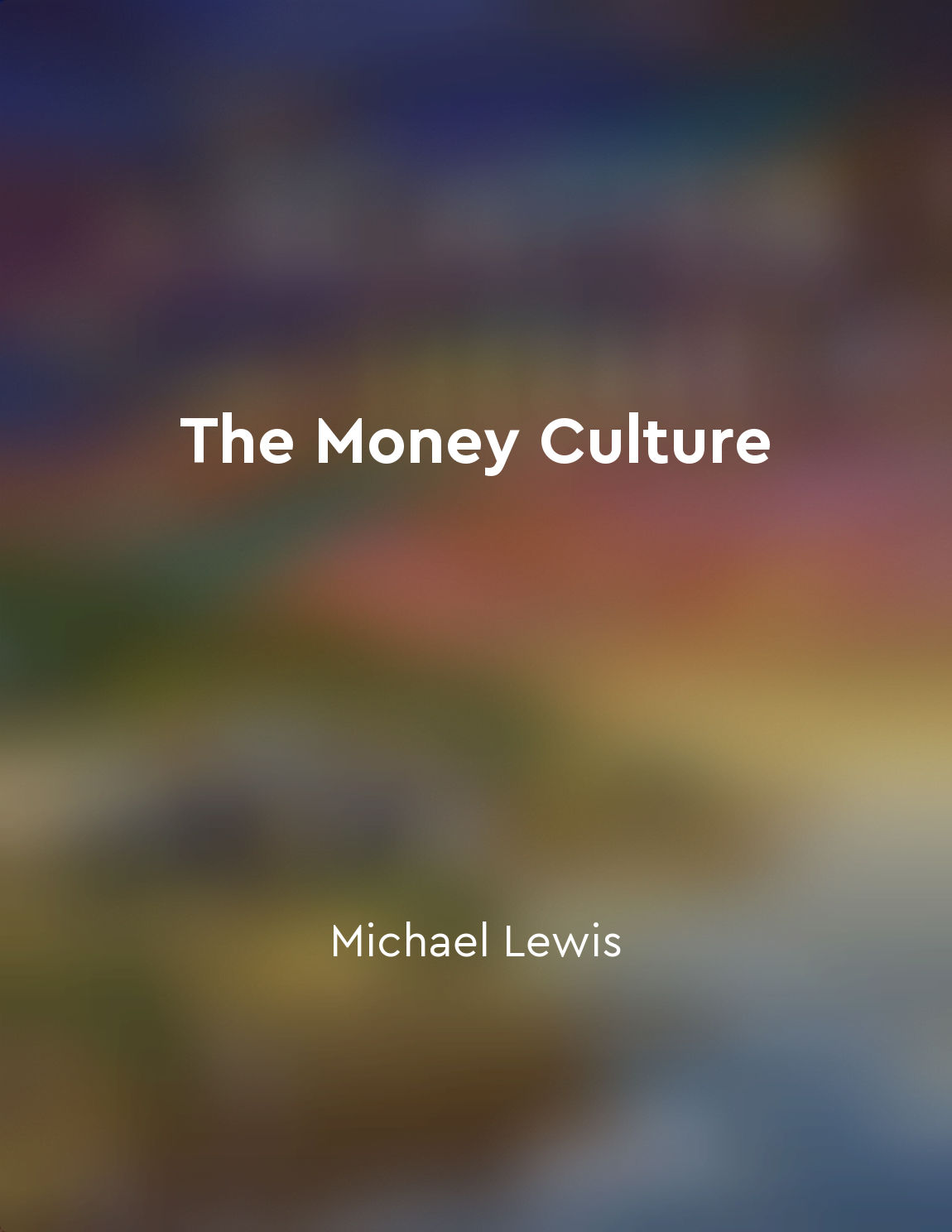Overcoming emotional biases in investing from "summary" of Rule #1 by Phil Town
Investing can be an emotional roller coaster. When the stock market goes up, we feel like geniuses. When it goes down, we panic and want to sell everything. These emotional reactions are natural, but they can also be dangerous. Emotional biases can cloud our judgment and lead us to make irrational decisions that harm our investments. To overcome these biases, we must first recognize them. One of the most common emotional biases in investing is confirmation bias. This is when we seek out information that confirms our existing beliefs and ignore anything that contradicts them. It's like wearing blinders that prevent us from seeing the whole picture. To combat confirmation bias, we must be willing to consider all viewpoints and be open to changing our minds based on new information. Another emotional bias that can trip us up is loss aversion. This is the tendency to feel the pain of losses more intensely than the pleasure of gains. As a result, we may hold onto losing investments for too long, hoping they will turn around, or sell winning investments too soon, out of fear of losing our profits. To overcome loss aversion, we must focus on the fundamentals of the companies we invest in and not let short-term fluctuations sway us. Greed and fear are also powerful emotional biases that can lead us astray. Greed can cause us to take on too much risk in pursuit of high returns, while fear can make us overly cautious and miss out on opportunities. By sticking to a disciplined investment strategy and not letting emotions drive our decisions, we can avoid these pitfalls. In the end, successful investing requires a clear head and a steady hand. By recognizing and overcoming our emotional biases, we can make rational decisions that are in our best interests and those of our investments. It's not easy, but with practice and self-awareness, we can become better investors and achieve our financial goals.Similar Posts
Remember that the stock market is there to serve you, not to guide you
One of the key principles for investors to keep in mind is that the stock market is a tool to serve their financial goals, not ...
International finance involves managing risks across borders
International finance involves managing risks across borders. When a company operates in multiple countries, it is exposed to r...

Boom and bust cycles fueled by greed
The idea that financial markets are driven by cycles of extreme growth and collapse is not a new one. Throughout history, we ha...
Utilize tools and resources to analyze investment opportunities
When it comes to analyzing investment opportunities, it is important to utilize various tools and resources that can help you m...
Keep your investment strategy simple and focused on your longterm goals
When it comes to investing, simplicity is key. Keeping your investment strategy straightforward and easy to understand will hel...
Choose investments that align with your goals
When it comes to investing, one of the most important principles to keep in mind is aligning your investments with your goals. ...
Focus on industries with longterm growth potential
When considering where to invest your hard-earned money, it is crucial to focus on industries that have the potential for long-...
Patience and discipline are essential virtues for contrarian investors
Contrarian investors must possess the virtues of patience and discipline in order to succeed in the market. These qualities are...
Cash flow is a key indicator of a company's financial health
Cash flow is the lifeblood of any business. It is the money that flows in and out of a company, representing the fundamental wa...
Focus on lowcost, broadly diversified index funds
The essence of successful investing is not in complexity or sophistication, but in simplicity and clarity. It is in understandi...
